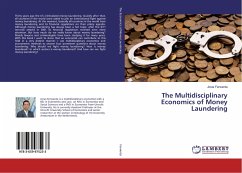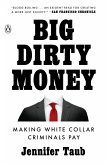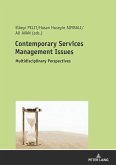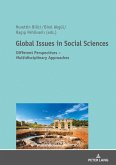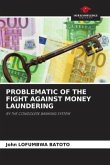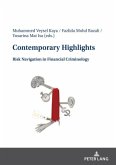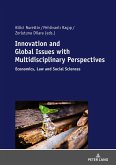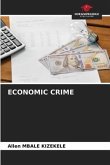Thirty years ago the US criminalized money laundering. Quickly after that, all countries in the world were asked to join an international fight against money laundering. At the moment, basically all countries in the world have money laundering and its financial regulations on their policy agenda. Although money laundering has always been a hot topic, after the 9/11 terrorist attacks in 2001 its financial regulations received even more attention. But how much do we really know about money laundering? Mainly lawyers and criminologists have been studying it for many years. With this book I want to show that an economist can contribute to this field in a very distinct manner. I use multidisciplinary economics and econometric methods to answer four prominent questions about money laundering: Why should we fight money laundering? How is money laundered? In which sectors is money laundered? And how can we fight money laundering?
Bitte wählen Sie Ihr Anliegen aus.
Rechnungen
Retourenschein anfordern
Bestellstatus
Storno

